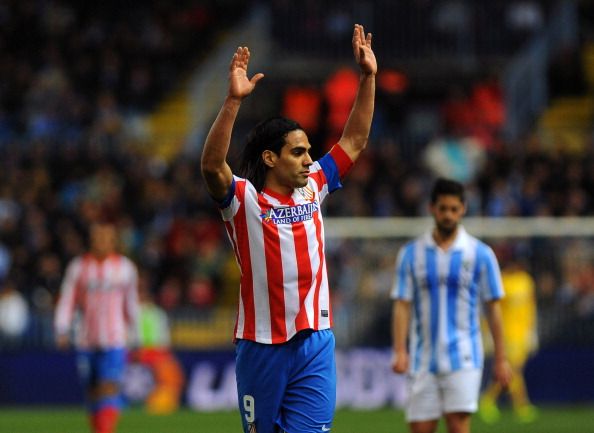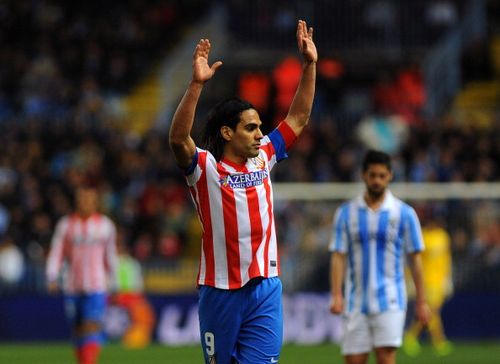
Why did Radamel Falcao move to AS Monaco?

Third-Party Investors are dictating Falcao’s move.
You can explain Ricardo Carvalho moving to Ligue 1 in the twilight of his career. You can even explain Zlatan Ibrahimovic’s move to PSG, one of the top clubs in France, with a place in the Champions League. But how do you possibly explain Falcao, possibly the most wanted striker in the world, moving to AS Monaco, a newly promoted top-flight club with an average attendance of around 5000?
Falcao has everything that you would like in a striker. Pace, acceleration, power and an impeccable eye for goal. But why is he, at the peak of his career, moving to France to play for a team that still has no shot at any kind of glory despite having the chance to play for Europe’s elite?
Money?
Possibly. But, the major factor that has decided Falcao’s move to AS Monaco is his third-party ownership.
The scenario is simple. Falcao, in 2009, wanted to move out of South America. When moving from River Plate to Porto, Falcao became a property of a group named Doyen Sports, which from that moment onwards owned a 55% stake in him. Later, Doyen Sports wanted its man to become even more profitable. Hence, it even lent Atletico Madrid money so that they could buy Falcao.
So, what has happened now is, Doyen Sports had invested too much in Falcao. They have made money available for his transfers and they have paid additional wages to him. They desperately wanted to cash him out for a profit before that could become impossible. The clubs that could offer that kind of money for Doyen Sports and Falcao are very few. PSG don’t need Falcao, Chelsea are worried about his wages, Read Madrid who were once all over Falcao now seem disinterested in him and Manchester City are no longer buying big. Hence, the only possible club that could manage the funds for Falcao’s transfer is AS Monaco and that is where he will be playing next season.
The reason why you don’t hear about third-party investments in the Premier League is because it is banned by the FA. In 2006, Carlos Tevez and Javier Mascherano were signed by West Ham United, but both these players were owned by third-parties. It was Carlos Tevez’s goal on the final day of the season against Manchester United that helped West Ham stay in the top flight next season. Sheffield United were relegated and they claimed that West Ham had signed Tevez illegally from a third-party, Media Sports Investments (MSI).
West Ham United were fined by the FA and they agreed to pay 20 million euros to Sheffield United as compensation. The whole saga made FA ban third party ownership in England.
But third-party ownership is still very much active outside England. In fact, it is very helpful for players from South America to make a move to Europe.